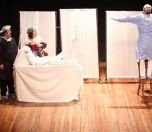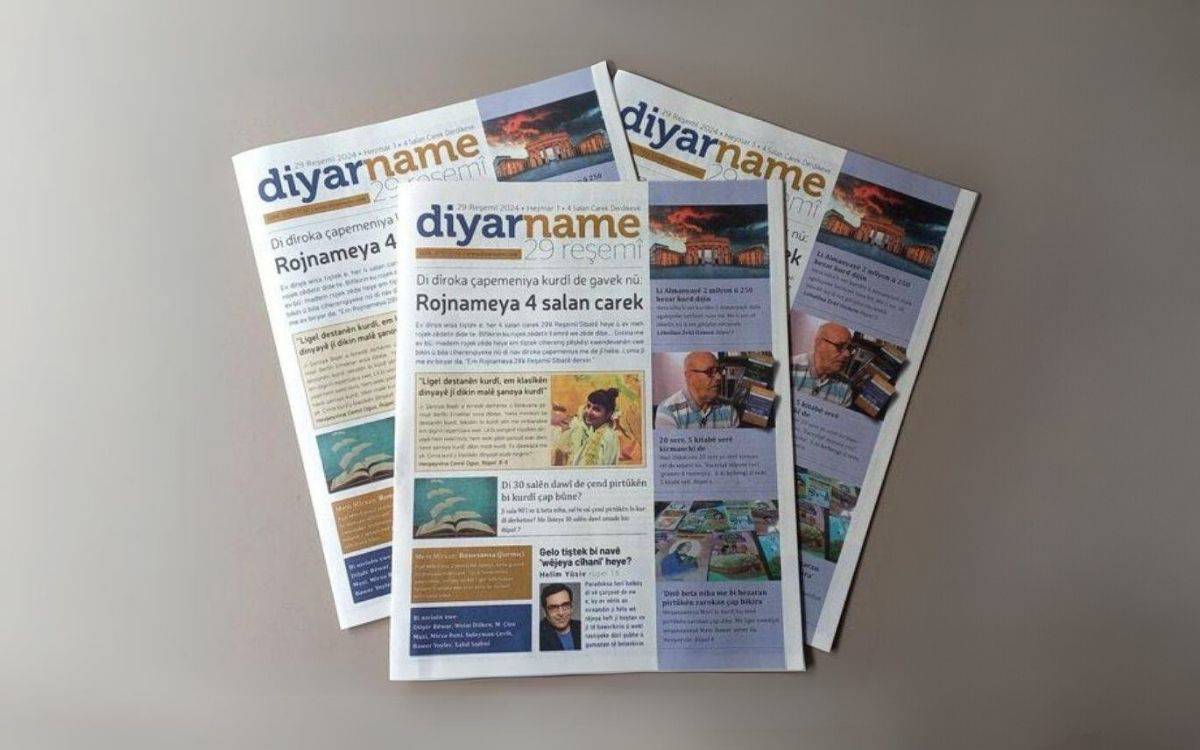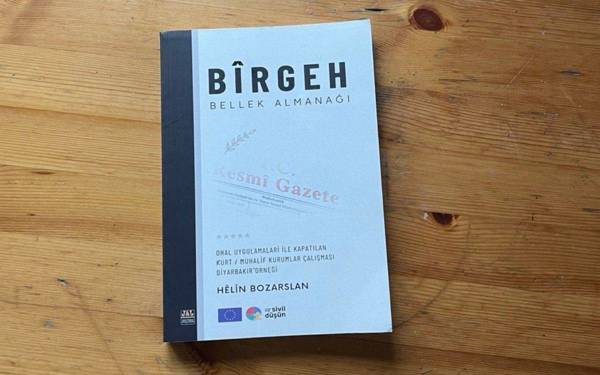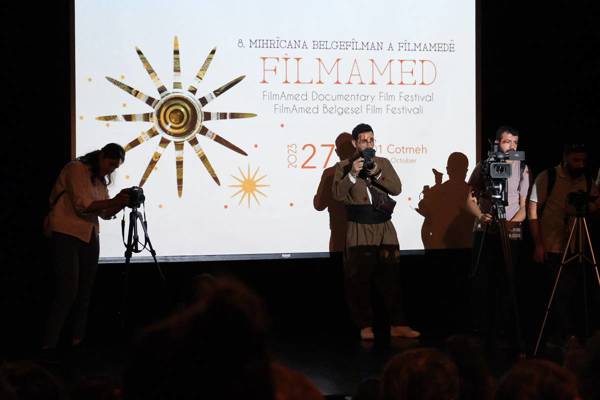Click to read the article in Kurdish / Turkish
Shortly after the "Bêrû" (Faceless) theater play of Teatra Jiyana Nû (TJN - New Life Theater) was banned by the Sub-Governor's Office of Gaziosmanpaşa in İstanbul, Ömer Şahin, one of the actors from the group, appealed to the İstanbul 10th Administrative Court via his attorneys and requested the stay of execution of the ban.
CLICK - Sub-governor's office bans Kurdish theater play
CLICK - İstanbul City Theaters to host another Kurdish play
The court board examined the request in its session yesterday (October 27) and has decided to hand down its ruling after hearing the defense of the Gaziosmanpaşa Sub-Governor's Office, which banned the play to be staged on İstanbul City Theaters due to concerns about "public order."
The court board has also ruled that a legible copy of all documents and information as to the grounds of the ban shall be requested from the sub-governor's office. The office now has to submit its defense within 30 days.
'We will appeal to ECtHR if remedies are exhausted'
Lawyer Ramazan Demir has indicated that in the event of negative rulings to be handed down by local courts and the Constitutional Court, they will appeal to the European Court of Human Rights (ECtHR).
Ömer Şahin has also requested "5,000 Turkish Lira (TRY) in pecuniary damages for their business and income losses and 10,000 TRY in non-pecuniary damages for their immaterial losses."
After the İstanbul Metropolitan Municipality (İMM) City Theaters made an announcement to support private theater groups amid pandemic, the TJN applied with two theater plays. "Bêrû" (Faceless) by Dario Fo from Italy was approved by the Theaters and it was planned to be staged in Gaziosmanpaşa Theater Hall of the City Theaters.
While the play was scheduled for October 13, it was banned by the Gaziosmanpaşa Sub-Governor's office a few hours before it was staged.
CLICK - İstanbul City Theaters will host a Kurdish theater play
They appealed to court on October 16
TJN theater group appealed to the administrative court via their attorneys on October 16. In their petition to court, the group underlined that the play had been staged in Turkey and abroad for many times before and it was awarded the "best play prize" at the Moscow International Theater Festival.
The petition also referred to the related ECtHR judgements on freedom of thought and expression. "The second sentence of the first clause of Article 26 of the Constitution clearly indicates that it protects the freedom of receiving information," the petition read further.
The group also referred to Article 27 of the Constitution, which stipulates that "everyone has the right to study and teach, express, and disseminate science and the arts, and to carry out research in these fields freely." Accordingly, their petition underlined that the ban on the TJN's theater play was "an interference in their freedom of expression and arts."
'It was banned because it was a Kurdish play'
The petition to the administrative court referred to an ECtHR judgement dated 2007 (Ulusoy and others v. Turkey, Application No. 34797/03, 03.05.2007, para. 48-49) This judgement was also about a ban on the same theater group's Kurdish play on the same grounds.
It was underlined in the petition that while the then government said that "the group's theater play had not been banned because it was in Kurdish, this argument was not found credible by the ECtHR."
The petition also noted that the recent ban on the play was not justified by the Gaziosmanpaşa Security Directorate and Sub-Governor's Office, which said that the play would disturb public order, and by the İstanbul Governor's Office, which said that it would make "terror propaganda."
It also underlined that the ban was in violation of the Article 14 (prohibition of discrimination) of the European Convention on Human Rights (ECHR).
Referring to the economic effect of the ban on the theater group, which has also been going through financial hardships like several other private theater groups amid pandemic, the TJN said that the ban "violated the right to property" and demanded the stay of its execution. (FD/SD)





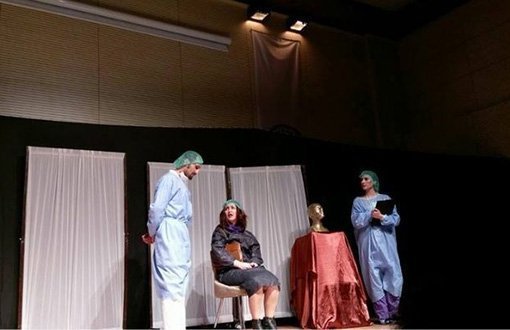
-132.jpg)


